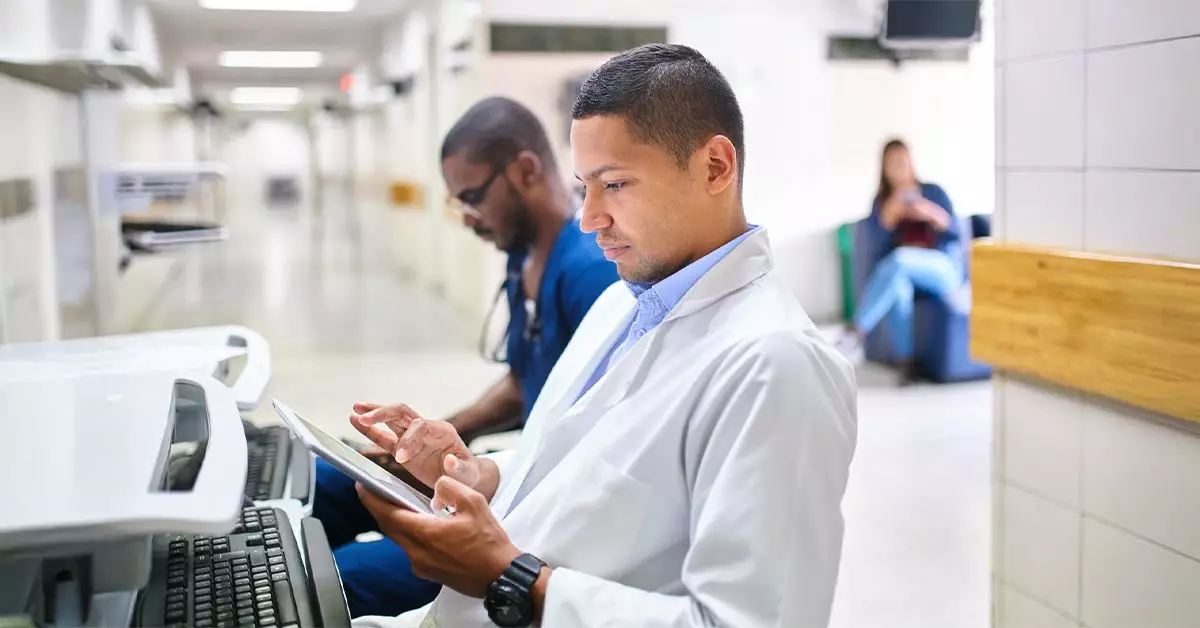Acute lymphoblastic leukemia (ALL) is a particularly aggressive and rare form of blood cancer that primarily targets the blood and bone marrow. Not only does it lead to the production of excessive white blood cells, causing various debilitating symptoms such as fatigue, fever, and increased susceptibility to bruising or bleeding, but it can also metastasize to critical areas like the brain and nervous system. Given its rapid progression, timely intervention from specialists is crucial for improving prognosis and managing symptoms effectively.
Hematologist-oncologists, doctors proficient in both hematology and oncology, play an essential role in treating this condition. These experts possess the specialized knowledge necessary to navigate the complexities of ALL treatment, helping individuals and their families set realistic expectations regarding outcomes and treatment trajectory.
For individuals diagnosed with ALL, receiving care from a hematologist-oncologist is critical. As of 2021, statistics from the Association of American Medical Colleges indicate that nearly 16,700 physicians in the United States are trained in both hematology and oncology. Given that ALL accounts for less than 0.5% of all cancers, these specialists are invaluable in providing tailored treatment strategies based on the specific subtype of leukemia, patient age, and overall health.
Locating a hematologist-oncologist may present challenges, especially for those in rural or underserved areas. In such cases, local cancer treatment centers may cooperate with specialized doctors to optimize care plans. Accessing specialists often involves navigating insurance networks and understanding referral processes, which can be barriers for many patients seeking timely medical assistance.
The journey to finding an ALL specialist typically begins with several key avenues. Patients should consult their primary care physician for recommendations or explore local cancer centers. Engaging with insurance providers about in-network specialists can also streamline the process. Additionally, leveraging resources like the Leukemia and Lymphoma Society’s helpline or reputable online medical directories, such as the American Board of Medical Specialties and the American Society of Hematology, can equip individuals with the necessary information to make informed choices.
When meeting a hematologist-oncologist for the first time, patients should approach the interaction thoughtfully. They may find it helpful to record the session, take notes, or even bring a trusted family member or friend for support. Key questions to pose include the doctor’s credentials, specific experience with ALL, the resources available at their facility, and expected timelines for treatment and follow-up appointments.
The emotional burden associated with a cancer diagnosis can lead patients to seek assurances regarding their treatment plans. Pursuing a second opinion is a valuable option, especially in cases where there is uncertainty regarding the diagnosis or treatment effectiveness. Factors influencing this decision may include the rarity of the leukemia subtype, perceived underestimation of cancer severity, or insufficient communication with the current physician.
Many insurance plans cover the costs associated with second opinions, recognizing the importance of informed decision-making in cancer care. Individuals should inquire directly with their insurers about coverage policies, as this can provide peace of mind and an avenue for exploring alternative treatment options.
The outlook for patients with ALL varies significantly, driven by factors such as age, genetic markers, and whether the diagnosis is at initial presentation or represents a recurrence of the disease. Children have a comparatively higher cure rate, with advances in treatment generating substantial improvements in adult survival rates over the past few decades.
With ongoing research and evolving treatment modalities, such as targeted therapies and immunotherapy, there is growing hope for more effective management of ALL. Coordination between patients and their hematologist-oncologist is vital in exploring these emerging options, making treatment decisions that are informed and suited to individual circumstances.
Navigating the complexities of acute lymphoblastic leukemia necessitates a cooperative approach between patients, caregivers, and hematologist-oncologists. By seeking specialized care, remaining informed about available resources, and advocating for second opinions when necessary, individuals can enhance their journey through cancer treatment. An empowered patient is better positioned to confront the challenges of ALL and work collaboratively with healthcare providers for the best possible outcomes. As research continues to advance, there is profound hope for improving the lives of those impacted by this rare yet formidable disease.


Leave a Reply